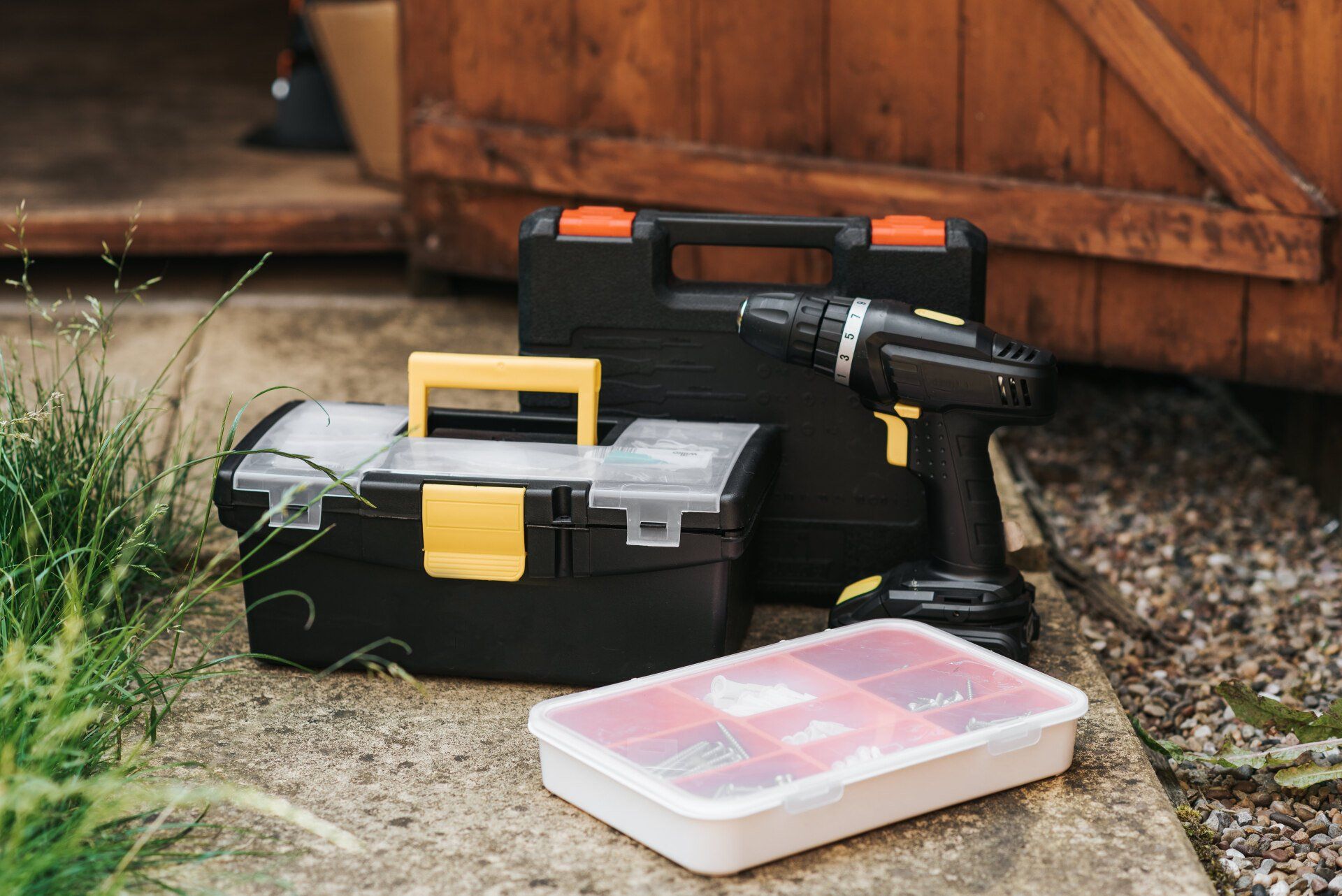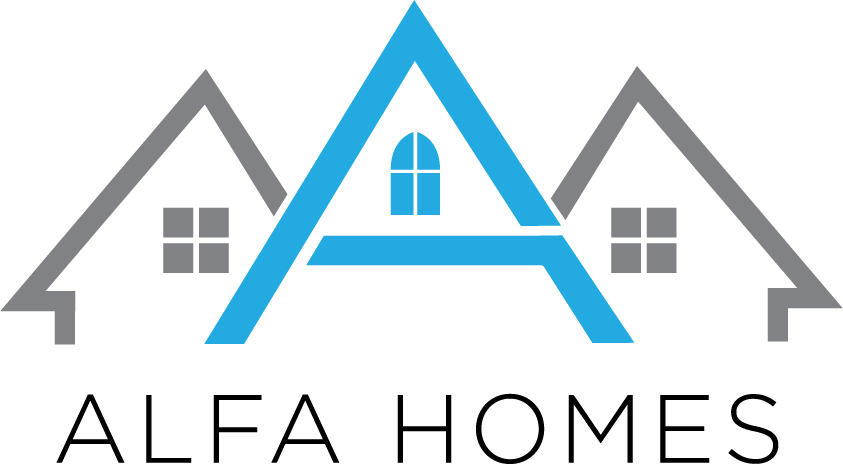Choosing the Right HOA Company for Your Community
Selecting the right homeowner association (HOA) company is a crucial decision that can significantly impact the overall management and satisfaction of your community. Whether you're a new board member or looking to switch management companies, here's a step-by-step guide to help you make an informed choice:
1. Assess Your Community's Needs:
- Identify the specific needs and priorities of your community, such as maintenance, financial management, administrative support, or community engagement.
- Consider the size, type, and demographics of your community to determine the level of support required from an HOA company.
2. Research Potential Companies:
- Seek recommendations from other HOAs, local real estate professionals, or community members.
- Research online reviews, ratings, and testimonials to gauge the reputation and reliability of potential companies.
- Verify credentials, licenses, and certifications to ensure compliance with state regulations and industry standards.
3. Evaluate Services Offered:
- Review the range of services offered by each HOA company, including financial management, property maintenance, administrative support, and community engagement.
- Assess the flexibility and customization options available to tailor services to your community's specific needs and budget.
4. Request Proposals:
- Contact multiple HOA companies and request detailed proposals outlining their services, fees, and terms.
- Clearly communicate your community's needs, expectations, and any unique requirements to ensure accurate and comprehensive proposals.
- Compare proposals based on factors such as cost, services offered, experience, and reputation.
5. Conduct Interviews:
- Schedule interviews or meetings with representatives from each HOA company to discuss their approach, experience, and philosophy.
- Ask about their experience working with communities similar to yours, their communication processes, and their strategies for addressing challenges or conflicts.
6. Consider Experience and Expertise:
- Evaluate the experience and expertise of the HOA company, including the qualifications of their staff, years in business, and track record of success.
- Inquire about their knowledge of local regulations, industry best practices, and emerging trends in HOA management.
7. Review Contracts and Agreements:
- Carefully review contracts, agreements, and terms proposed by each HOA company, including fees, services, termination clauses, and dispute resolution processes.
- Seek clarification on any ambiguous terms or conditions before signing to avoid misunderstandings or conflicts later on.
8. Seek References and Feedback:
- Request references from current or former clients of the HOA companies under consideration.
- Contact references to inquire about their experiences, satisfaction with services, responsiveness to issues, and overall professionalism.
9. Consider Compatibility and Communication:
- Evaluate the compatibility of the HOA company's values, culture, and communication style with those of your community.
- Choose a company that demonstrates a commitment to transparency, collaboration, and responsiveness in their interactions with board members and residents.
10. Plan for a Transition:
- Develop a transition plan in collaboration with the selected HOA company to ensure a smooth and seamless transfer of responsibilities.
- Communicate the transition process to residents and stakeholders to minimize disruptions and address any concerns or questions.
By following these steps and conducting thorough due diligence, homeowner association board members can choose a reputable and reliable HOA company that aligns with the unique needs and priorities of their community. Investing time and effort in the selection process upfront can lead to long-term benefits and positive outcomes for the entire community.


